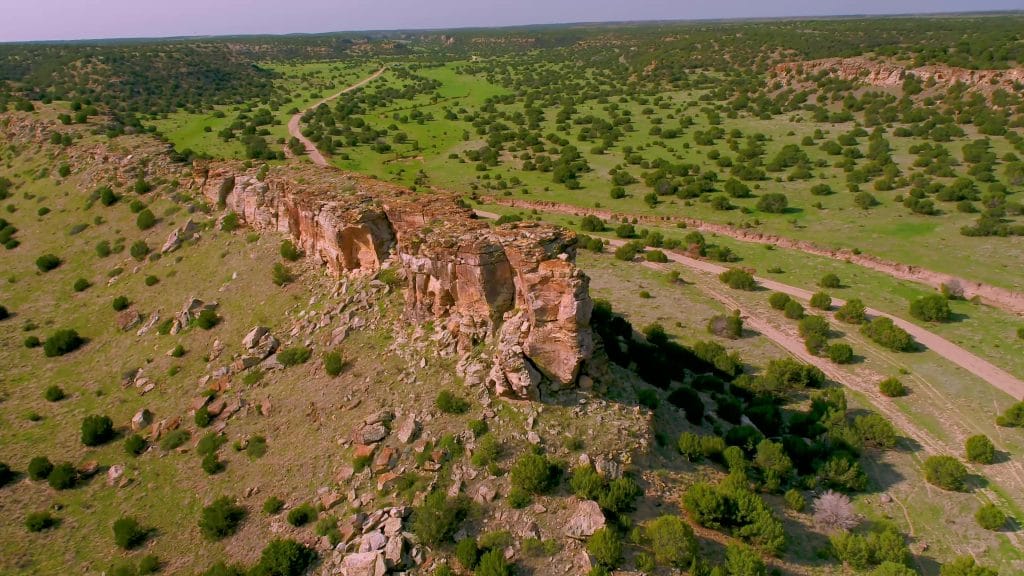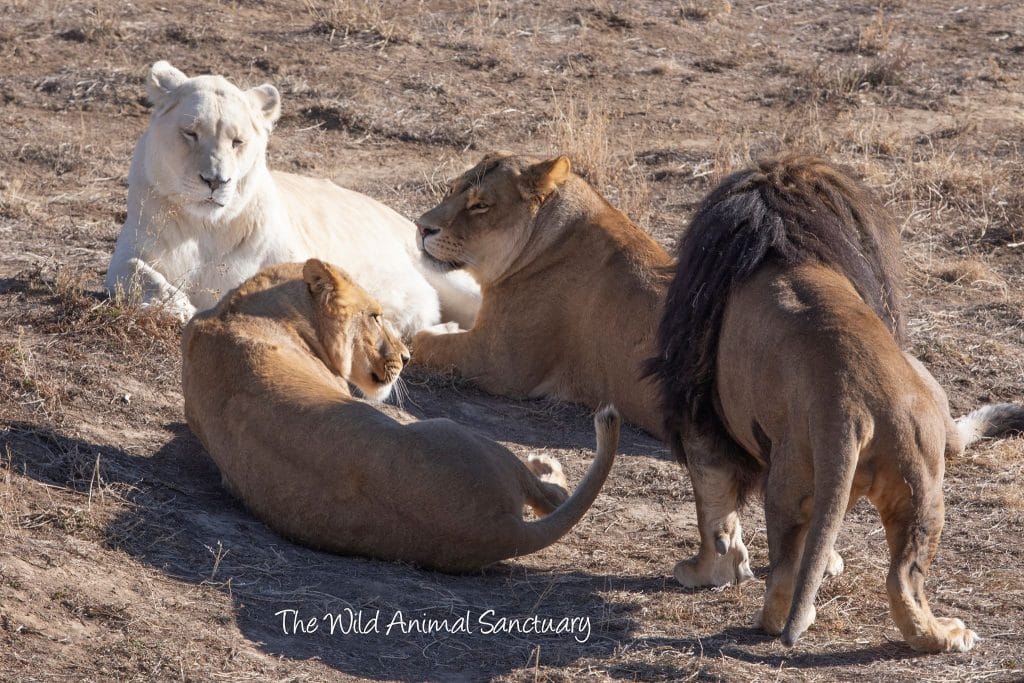
In Jack London’s American classic short story, The Call of the Wild, a mistreated dog named Buck rejects society and returns to nature to find his rightful place in the world.
This concept of reconnecting with the wild is nothing new to humans. It’s easy to imagine our ancestors cautiously stepping away from the safety of their trees so many generations ago as we began our evolution of human civilization.
That longing to return has never left us. What has changed is the wild.
According to one recent study, humans have wiped out 60% of the animal populations since 1970.
“Plummeting numbers of mammals, reptiles, amphibians, birds and fish around the world are an urgent sign that nature needs life support. Our Living Planet Report 2018 shows population sizes of wildlife decreased by 60% globally between 1970 and 2014.”
Apex Predator
We are Earth’s top predator. There is practically nothing we can’t kill.
In fact, according to another recent study it will take somewhere between three and seven million years for the planet to replace the species we have caused to go extinct. To put that into context, that’s ten times longer than humans have existed.
What is America’s role in all this? We recently lifted a ban on elephant and lion trophies. The U.S. Arctic was just cleared for its first oil and gas production wells. We are weakening mercury requirements, power plantoversight, coal ash regulation, methane and clean air rules; all of which threaten to poison or pollute not just our wild areas.
And what have we done with the other apex predators? The Wild Animal Sanctuary says, as many as 30,000 bears, giant cats, wolves, and other large carnivores are kept locked up in in substandard conditions just in America.
Our Plea for the Wild
The wilderness cannot defend itself. This message is not new. Again, what is new is our understanding of the rate of destruction. We are killing ourselves because we are killing our planet. We have to do something!
For several years now, Altrumedia, a new member of the MyAdvice family, has supported charitable organizationslike the Wild Animal Sanctuary. We originally became involved with their great work over some misplaced anger towards the killing of Cecil the Lion. We believe that poachers, trophy hunters, and others who disregard the lives of animals and their vital roles in our co-dependent ecosystems deserve the full wrath of justice. Unfortunately, only rarely do these individuals and corporations actually face the full wrath of justice for their actions.
We urge you to support organizations like the the World Wildlife Fund that has been working for decades to protect endangered species, the Center for Biological Diversity that uses science, the law, and creative media to secure a future for all species, the National Resources Defense Council which is working to safeguard our air, water, and lands, and the Environmental Defense Fund that believes economic prosperity and environmental stewardship go hand-in-hand.
And for those of you want to go above and beyond, we recommend the Wild Animal Sanctuary, which has been working on a project that we’re especially excited to share: The Refuge.

The Refuge
For the past 38 years The Wild Animal Sanctuary has worked tirelessly to prevent and alleviate cruelty by rescuing large, exotic, and endangered captive wild animals.
Originally located on 789 acres near Keenesburg, Colorado — the sanctuary has now added a second location: 9,684 acres of lush hills, buttes, bluffs, valleys, and grassland that is so remote that it makes it nearly impossible for public access. This new expansion is truly just for the animals.
Amazingly, it is now also the largest carnivore sanctuary in the world!
But they can’t do it alone though. As The Sanctuary continues to grow, more animals are going to need more habitat. You can help by making cash donations or by helping to purchase more acres of land connected to the site.
There is of course so much more we could be doing. So much more we must be doing.
Altrumedia is committed to protecting our environment and the animals that inhabit it. So, now we’re issuing this call for the wild! A call to action! Join us in our support of this important organization.
“Deep in the forest a call was sounding,
and as often as he heard this call, mysteriously thrilling and luring,
he felt compelled to turn his back upon the fire and the beaten earth around it,
and to plunge into the forest, and on and on,
he knew not where or why; nor did he wonder where or why,
the call sounding imperiously, deep in the forest.”
― Jack London, The Call of the Wild


